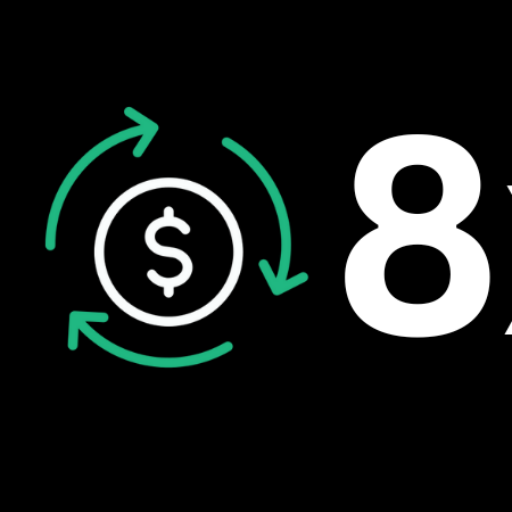
The Financial Times Stock Exchange 100 Index (also known as the FTSE 100 Index) is a market indicator that includes 100 of the most successful companies on the London Stock Exchange. It is an index benchmark for UK stock markets and attracts investors from all over the globe. We’ll be taking a closer look at its history, composition, and importance in this article.
History of FTSE 100
The FTSE 100 index was first established in 1984. It included 100 companies that had the largest market capitalization on London Stock Exchange. The index has been modified over time to reflect market changes due to mergers and acquisitions as well as bankruptcies. It reached an all-time high 7,877 points in May 2018.
Composition of the FTSE 100
The FTSE 100 includes a range of companies in finance, energy and mining as well as consumer goods and healthcare. Notable names include HSBC Holdings and BP.
Significance of FTSE 100
Investors around the world closely monitor the FTSE 100, which is a benchmark for UK stock markets. It is a barometer for economic health in the UK. Changes in the index can often reflect changes in conditions. Investors can use the FTSE 100 as a gauge of market sentiment to make informed investment decisions and have confidence.
Investing in FTSE 100
Investors have several investment options to access the FTSE 100, including index funds and exchange traded funds (ETFs). These funds offer investors a diverse portfolio of companies that are listed on the FTSE 100, which gives them exposure to the UK stock exchange with minimal risk.
The FTSE 100 stock market index plays a crucial role in the UK’s economy. It contains companies from different industries and provides valuable information to investors for making informed investment decisions. The FTSE 100 offers many opportunities to get exposure to the UK stock exchange, whether you invest directly in the index or use investment vehicles.

